American EV startup Canoo has been in hot water for a while now, and it looks like the temperature's rising further still. Last Friday, Canoo put its team on a “mandatory unpaid break” through at least the end of the year.
That's from TechCrunch's Sean O'Kane, who noted that employees were told they were being locked out of Canoo’s systems. Plus, the company furloughed 82 employees last week, and also idled its Oklahoma factory – where it's believed to have produced only a small number of vehicles for fleet customers.
It's hard to say what lies ahead for Canoo, which has had a turbulent 2024, to say the least. According to automotive publication EV, an email sent to staff on December 20 noted that the company expected the unpaid break to last “a few weeks,” with an update on Canoo's situation in the first week of January.
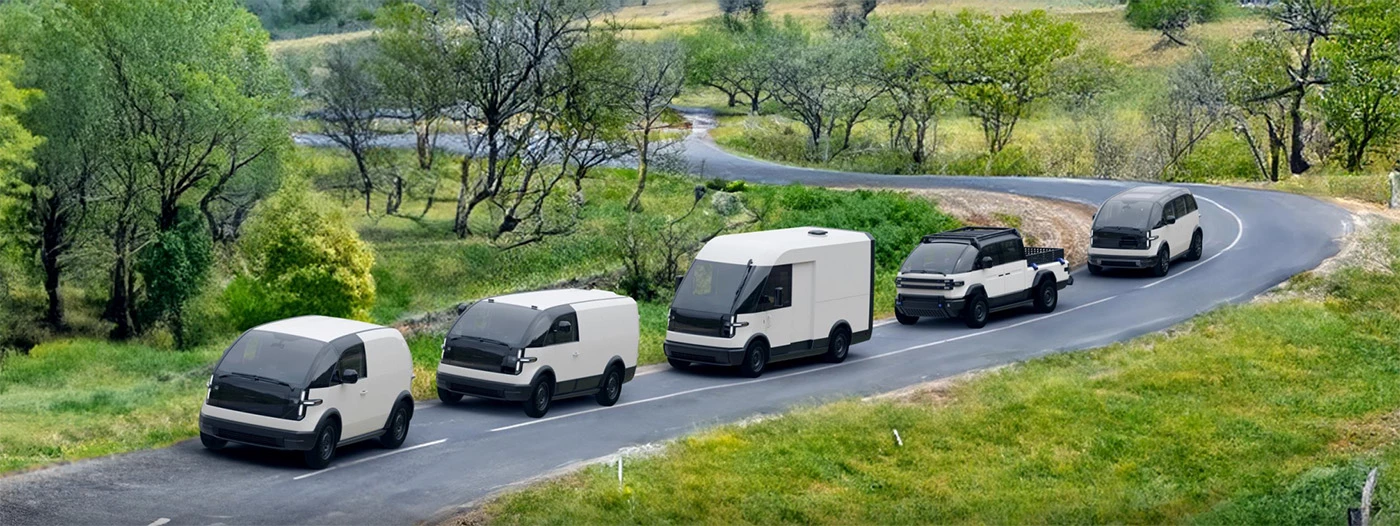
Since its IPO in December 2020, its stock price has crashed from US$453 a share to $0.08 today. The company is said to have raised some $595 million since it was founded in 2017, with little to show for it in terms of revenue and shipments.
Canoo enjoyed the EV spotlight for a number of years after it unveiled its first electric van prototype in 2019 with an oddly appealing design philosophy "centered around minimalism and functionality," according to lead designer Richard Kim (who left the company in 2023). The not-a-minivan received a favorable review from USA Today last year, with praise for the novel interior. It was slated to go on sale for about $40,000, with power output configurable between 200-350 hp, and an estimated range of 250 miles (402 km).
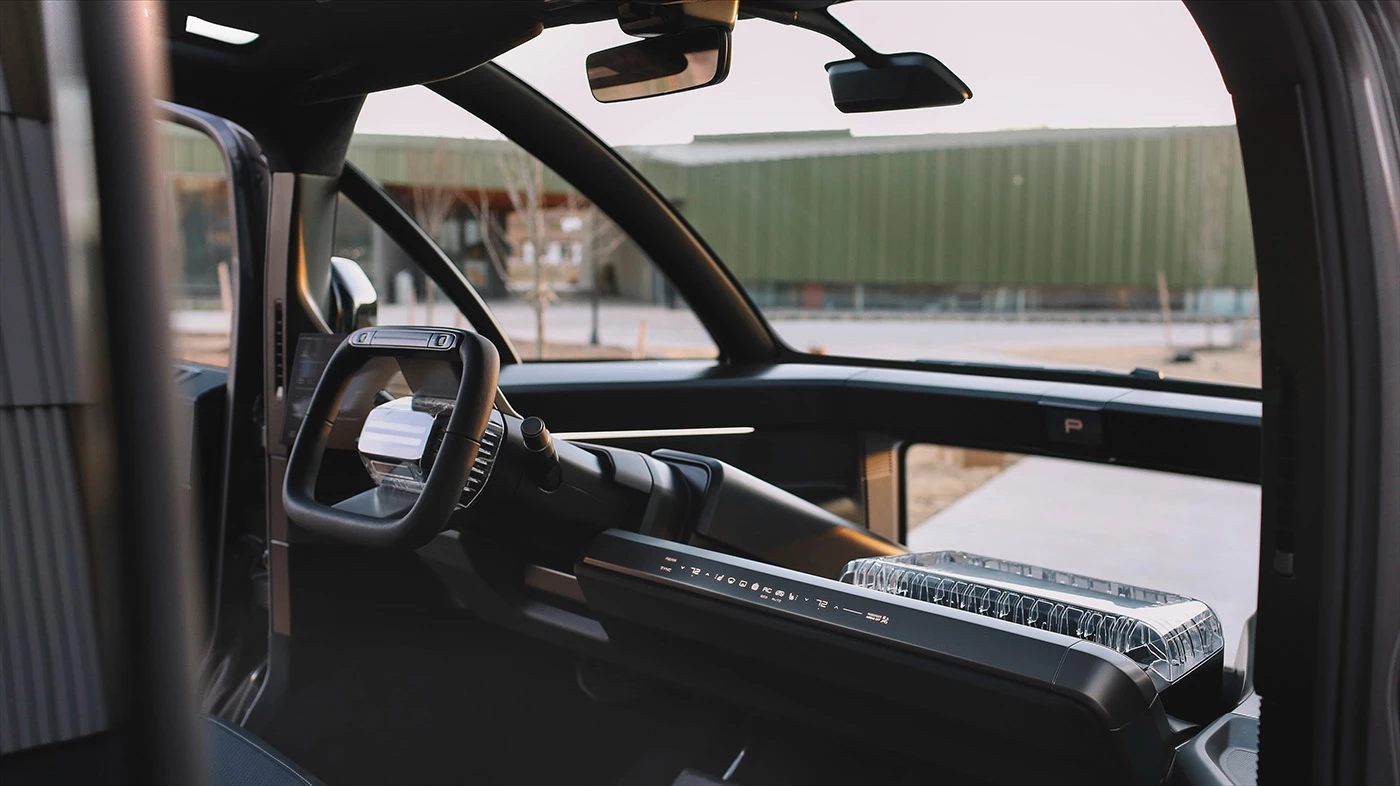
For its first seven-seater van, the company envisioned futuristic and spacious interiors with "the exterior footprint of a compact car," and a subscription-only model instead of outright ownership. Canoo also developed a modular 'skateboard' platform that contained of the vehicle's battery, powertrain, and suspension componentry. This enabled the brand to fashion additional models by simply topping the platform with different cabins, like delivery vans and pickup trucks.
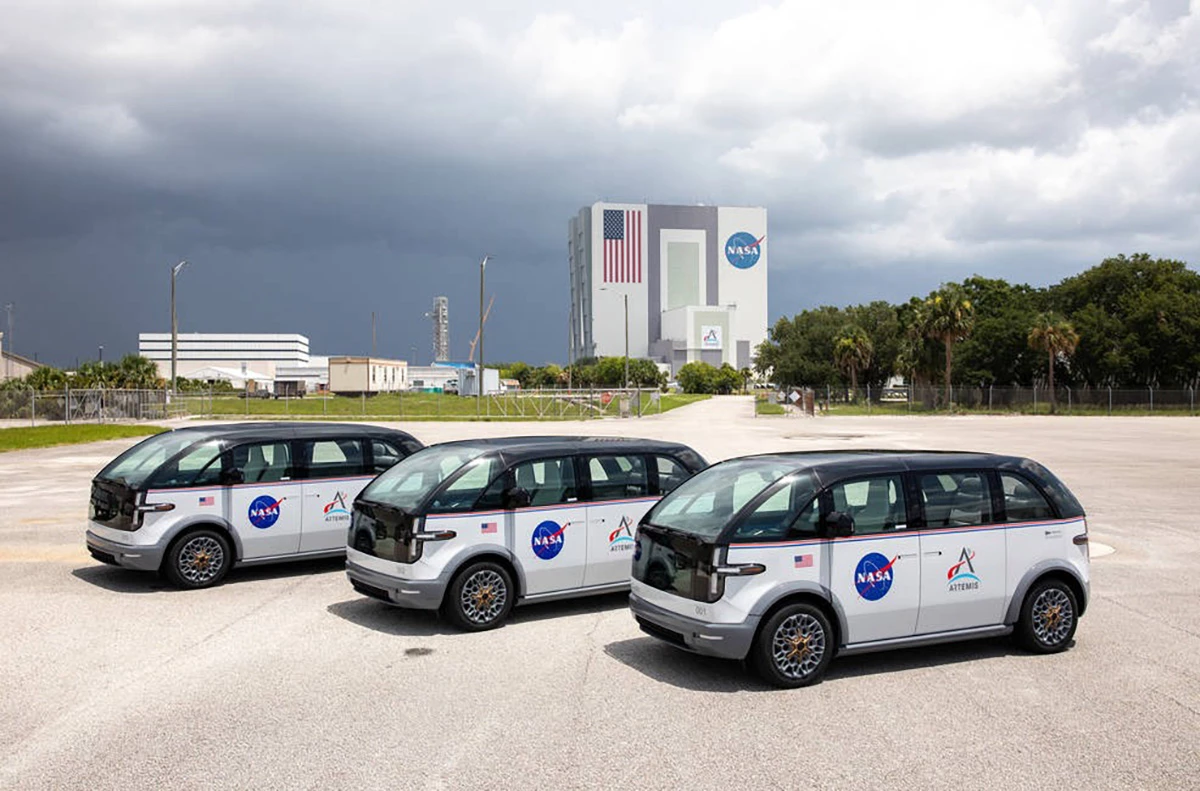
The company inked fleet vehicle deals with NASA and the State of Oklahoma, and delivered small shipments of its vans to each. In total, it claimed to have racked up orders amounting to $2 billion – and that included 4,500 vans for Walmart. But last month, Fortune's Jessica Mathews reported that the test vehicles Canoo loaned Walmart to try out didn't have airbags installed. The glaring omission was subsequently rectified, but according to Fortune's sources, Walmart is yet to purchase a single vehicle from Canoo.
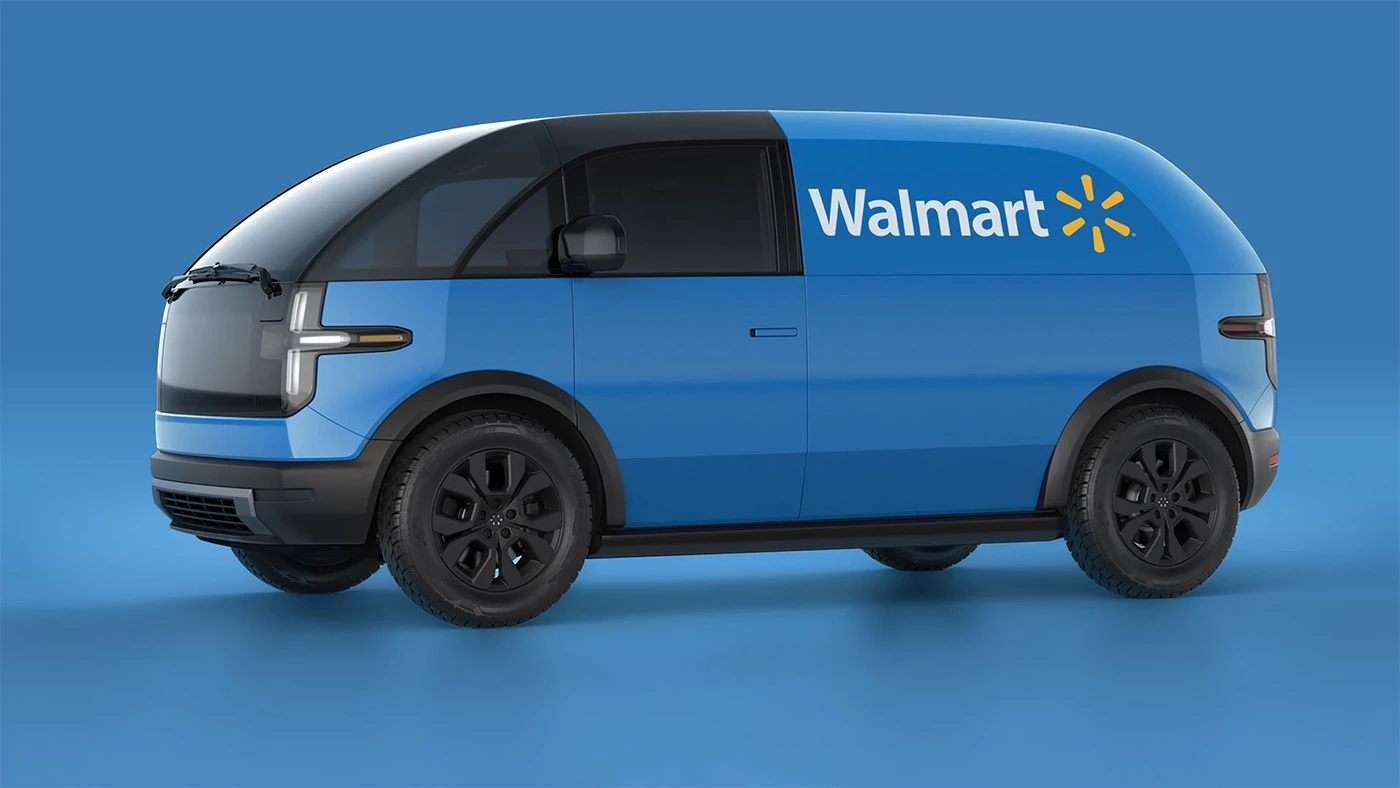
It's not like Canoo can't find takers – but it can't seem to get its EVs out the door. It even landed a deal with commercial vehicle provider Kingbee Vans to supply 9,300 vans this year, but it's only delivered two. Canoo's own public reports indicate the company has delivered a grand total of 19 vehicles so far.
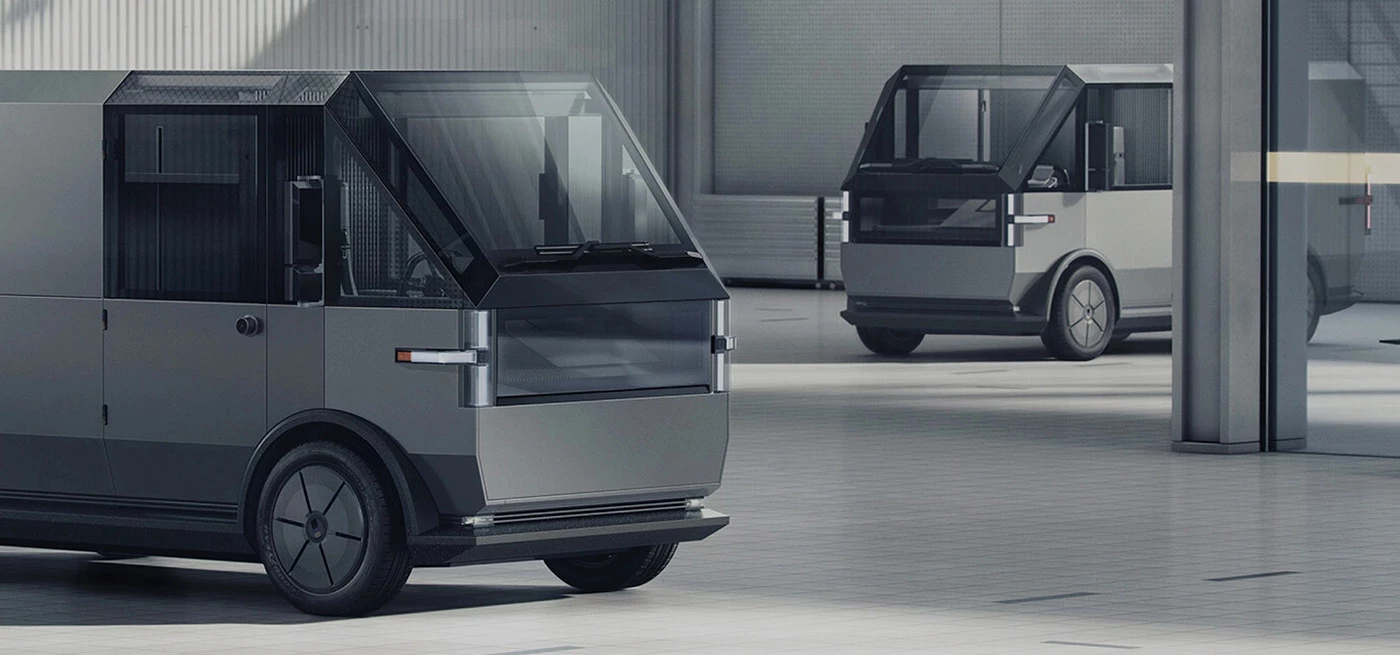
What's the holdup? Mathews' story highlights a range of production headaches cited by sources, like the factory not being fully kitted out, the inability to source parts from suppliers who haven't been paid, and the high costs involved in building vehicles by hand.
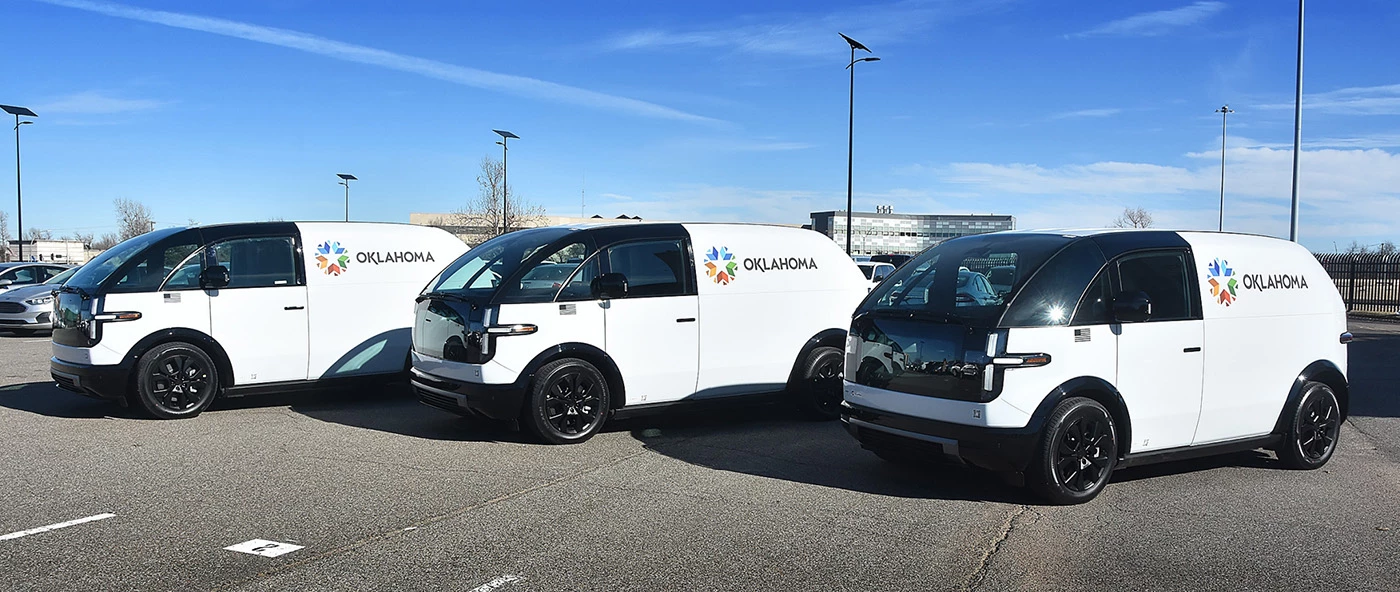
Canoo has also been hit with several collection lawsuits by suppliers over unpaid bills and late payments. It's likely a lack of solvent funds that's to blame: the company noted losses of $302 million in 2023, and reported having just over $19 million in cash back in June (of which only $4.5 million was unrestricted).
That doesn't seem like enough to manufacture thousands of automobiles, especially when the firm's last quarterly revenue came up to just $605,000.
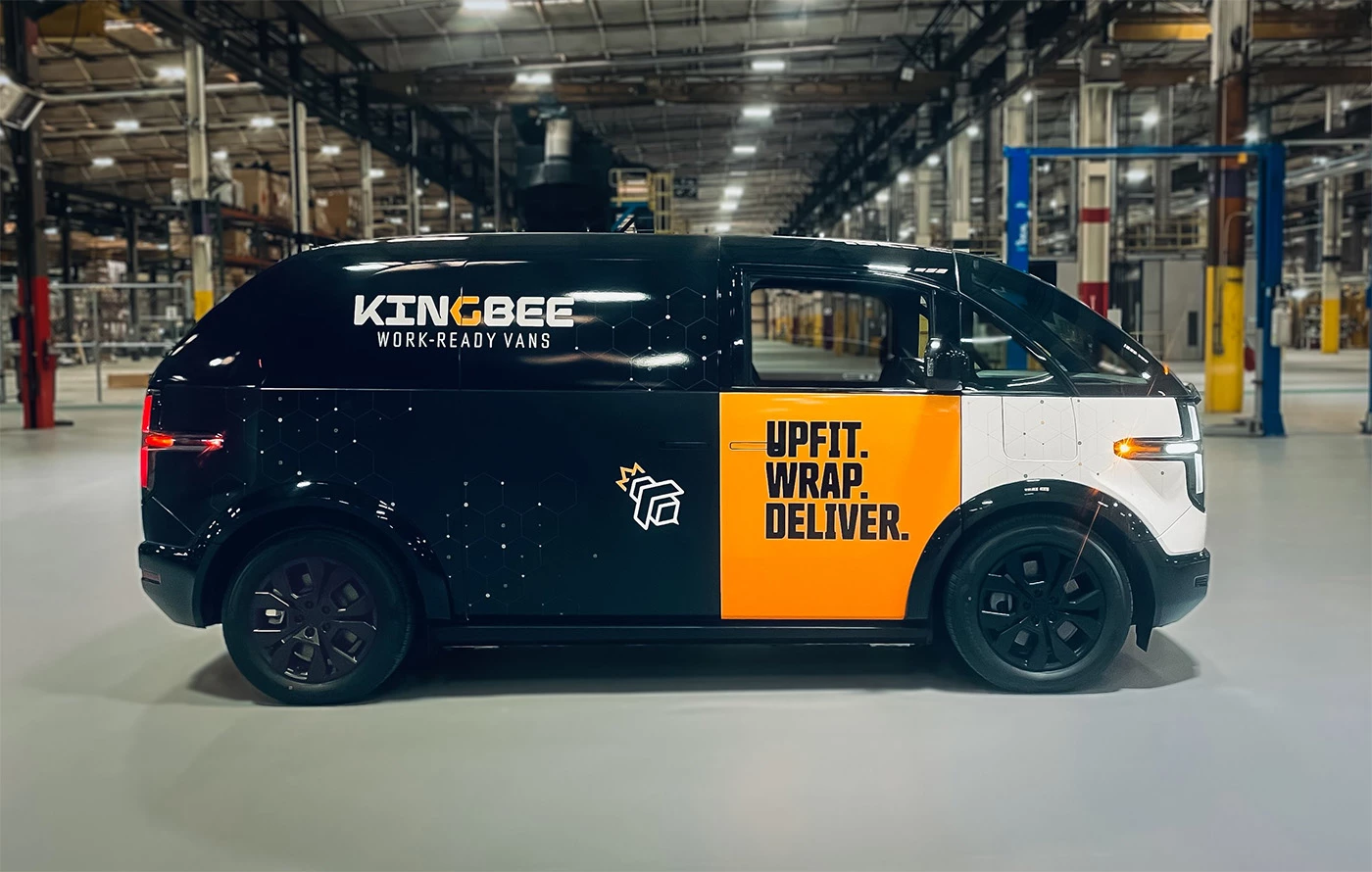
Clearly, Canoo has its work cut out for it to right the ship. Last week, the company announced a 1-for-20 stock consolidation, a move typically carried out by publicly traded firms to avoid being delisted from major exchanges like Nasdaq. Such exchanges require listed companies to maintain a minimum share price of $1; a stock consolidation can help raise a company's share price and therefore remain on the exchange.
Will that be enough? Canoo has also seen major leadership departures recently:
- Aforementioned design chief Richard Kim
- Chief engineer Christoph Kuttner
- CTO Sohel Merchant
- CFO Greg Ethridge
- General counsel Hector Ruiz
That leaves Canoo with just a co-founder on board. It's all hands on deck for whoever's left in the office to secure capital and keep things running in the new year. The company recently noted it was "in advanced discussions with various capital sources."
We've reached out to Canoo for comment and will update this post when we hear back.





